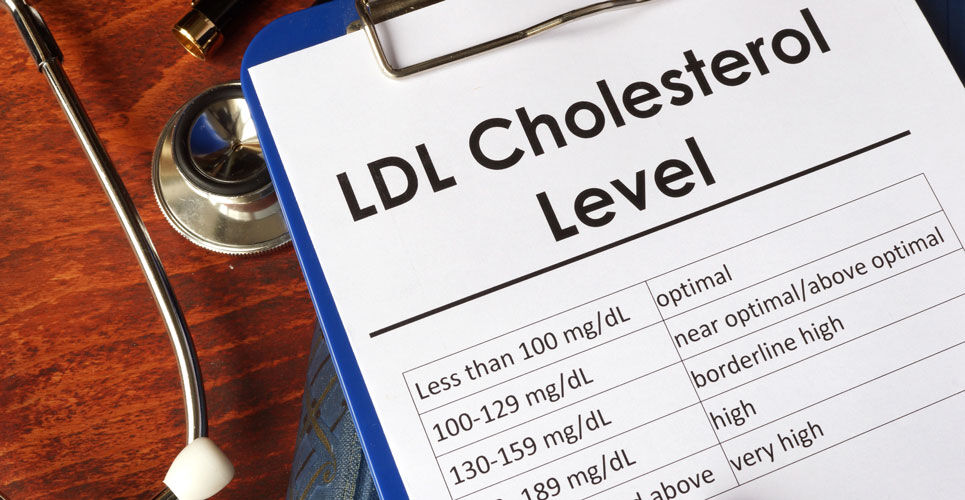Bempedoic acid use among statin intolerant patients led to a significant reduction of adverse cardiovascular outcomes compared to placebo
Bempedoic acid (BPA) given to patients at a high risk for cardiovascular disease or who are statin intolerant, led to a significant reduction in the level of major adverse cardiovascular events compared to placebo according to the findings of a large, randomised, double-blind, placebo-controlled trial by an international research group.
Treatment with statin drugs is a recommended as part of the therapeutic strategy for the management of patients with atherosclerotic cardiovascular disease or in those at a high risk of such disease. Nevertheless, not all patients can tolerate a statin and it is estimated that between 7 and 29% of patients complain of statin-associated muscle symptoms. One alternative treatment to reduce LDL cholesterol for statin-intolerant patients is BPA which, like statins, reduces hepatic cholesterol synthesis and raises LDL receptor expression. The drug is an ATP citrate lyase inhibitor and targets cholesterol synthesis upstream of 3-hydroxy-3-methylglutaryl coenzyme A reductase, which is the enzyme targeted by statins and has a lower incidence of muscle-related adverse effects. Currently studies have revealed that bempedoic acid is able to significantly reduce LDL cholesterol levels although whether this also translates into a reduction of adverse cardiovascular outcomes is unknown.
In the current study, researchers randomised patients who were either unwilling or unable to take statins, (i.e., were statin intolerant) and/or were at a high risk of cardiovascular disease, to oral bempedoic acid, 180 mg daily or placebo. The primary end point was a four-component composite of major adverse cardiovascular events, i.e., death from cardiovascular causes, non-fatal myocardial infarction, non-fatal stroke or coronary revascularisation.
Bempedoic acid and adverse cardiovascular events
A total of 13,970 patients with a mean age of 65.5 years (48.3 % female) were randomised to bempedoic acid (6,992) or placebo and followed for a median of 40.6 months.
The primary outcome occurred in 11.7% of those assigned to BPA and 13.3% of placebo patients and this difference was statistically significant (Hazard ratio, HR = 0.87, 95% CI 0.79 – 0.96, p = 0.004).
Significant differences favouring bempedoic acid were also found for fatal or non-fatal myocardial infarction (HR = 0.77, p = 0.002) and coronary revascularisation (HR = 0.81, p = 0.001) but not for fatal and non-fatal strokes.
The authors concluded that for statin-intolerant patients, treatment with bempedoic acid was associated with a lower risk of major adverse cardiovascular events.
Citation
Nissen SE et al. Bempedoic Acid and Cardiovascular Outcomes in Statin-Intolerant Patients. N Eng J Med 2023

